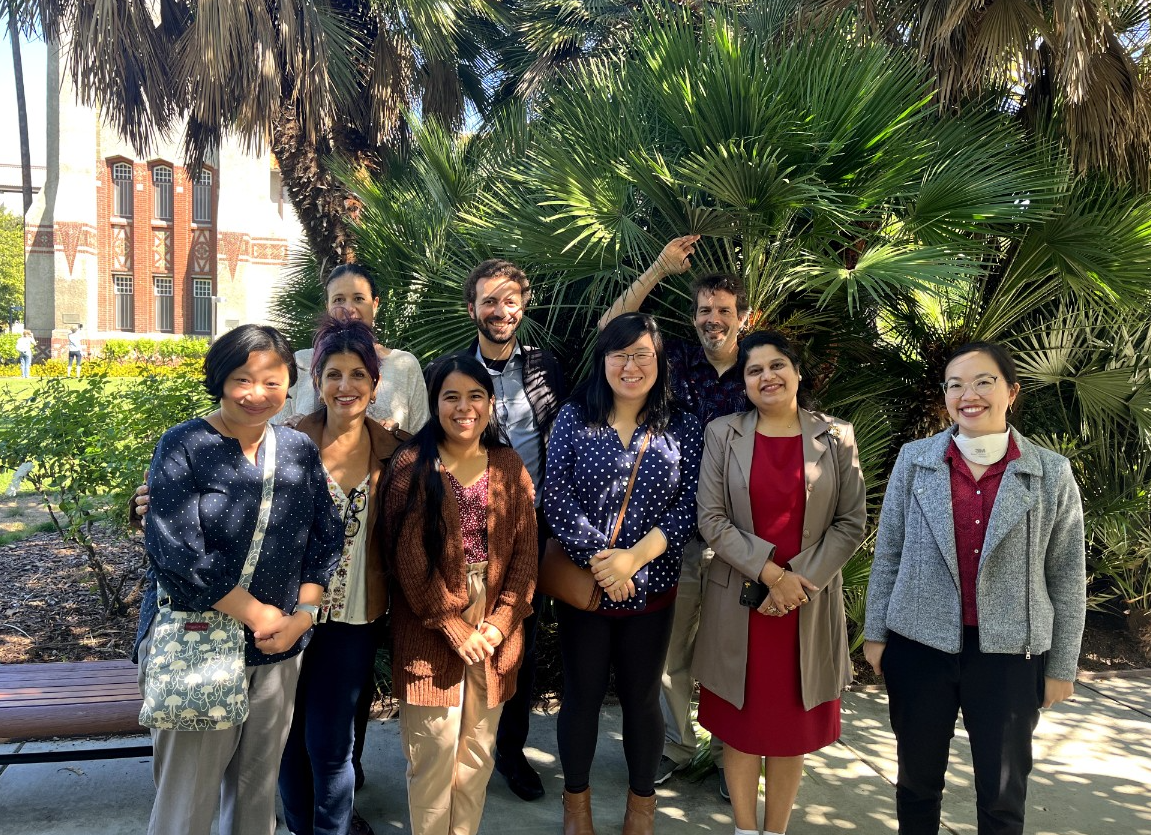College of Science Anti-Racism Committee
Mission Statement
The goal of this committee is to create and support an anti-racist community and culture in the College of Science at SJSU in support of staff, students, and faculty. We see this approach as central to all aspects of the work, experiences, and relations in the College. The committee advocates, organizes, and educates toward anti-racist practices, actions, and infrastructure, and provides recommendations to the Dean of the College.
Focus Areas:
Cultivating Equity and Inclusion Collaborative (CEIC)

The collaborative is a training space made up of faculty and staff in the CoS. Our focus is to work on a series of learning objectives that will empower and improve each group member’s ability to fight racism. The objective is to build an authentic community with each other and continue our journey to become an anti-racist. The trainings are conducted through a collaborative to support members’ growth and development in anti-racism.
Supporting Inclusive Research
Our goals is to recruit and support more undergraduate students from diverse backgrounds to participate in scientific research mentored by faculty members early on in their college career. Early research experiences have proven to be a high impact practice with respect to retention and graduation. Our work is partially in response to student demands to provide increased and improved access to, and better communicate about, scholarships, and other financial support for URM students across the university.
SOTES and Retention, Tenure & Promotion
The SOTES and RTP subcommittee works to foreground experiences of faculty of color in two main areas within the student evaluations and the tenure and retention processes. 1) We examine faculty experiences of SOTES. While there is robust research demonstrating the biases of SOTES as the intersection of race, gender, and sexual orientation, far less is known about how faculty experience student feedback. 2) We seek to identify and create needed supports for faculty of color during the RTP process. Additionally, we advocate for systemic changes at the university level in teaching assessment and RTP evaluation to create more inclusive, supportive environments and processes that more accurately and seamlessly assess faculty teaching and faculty performance.